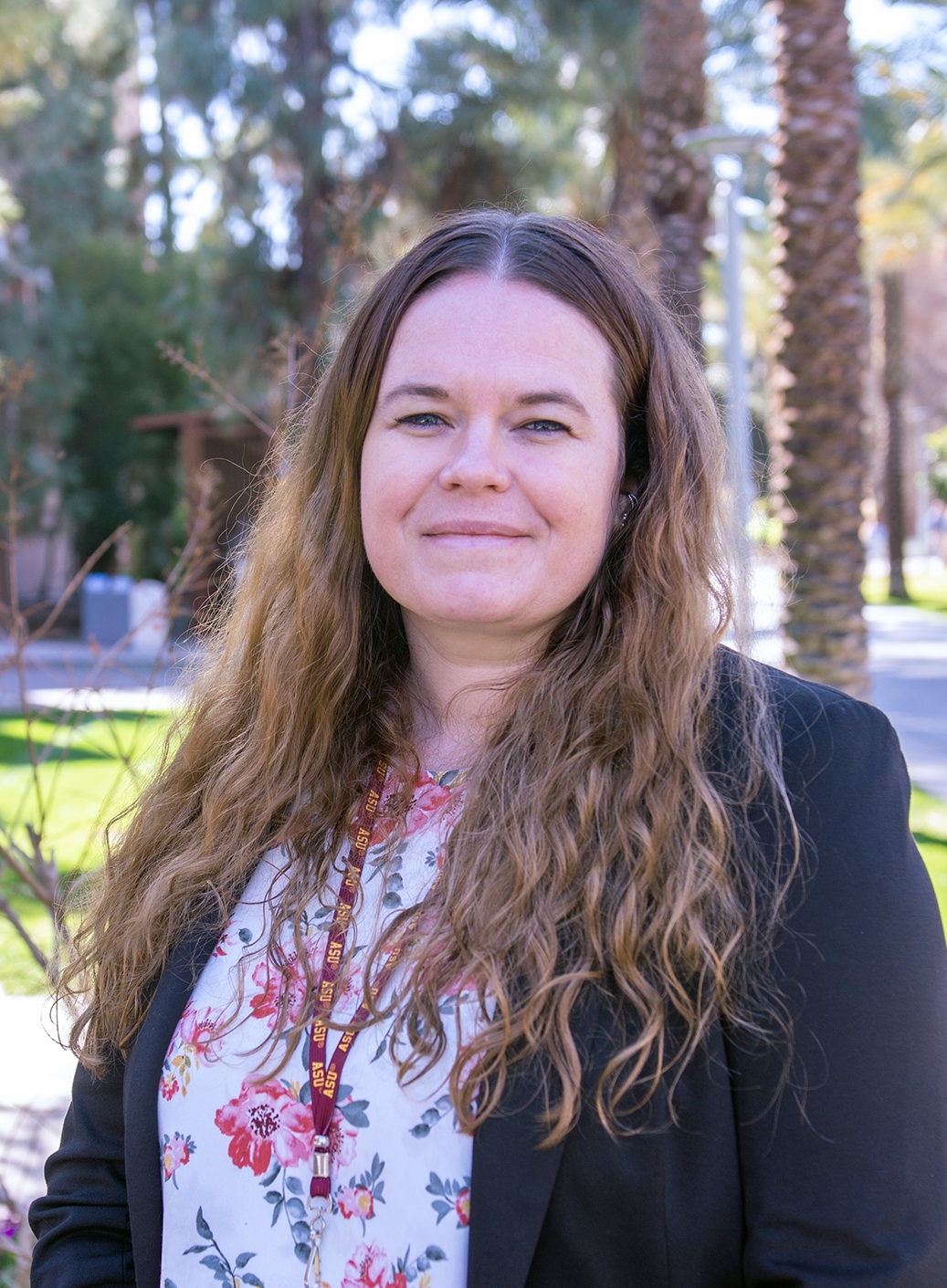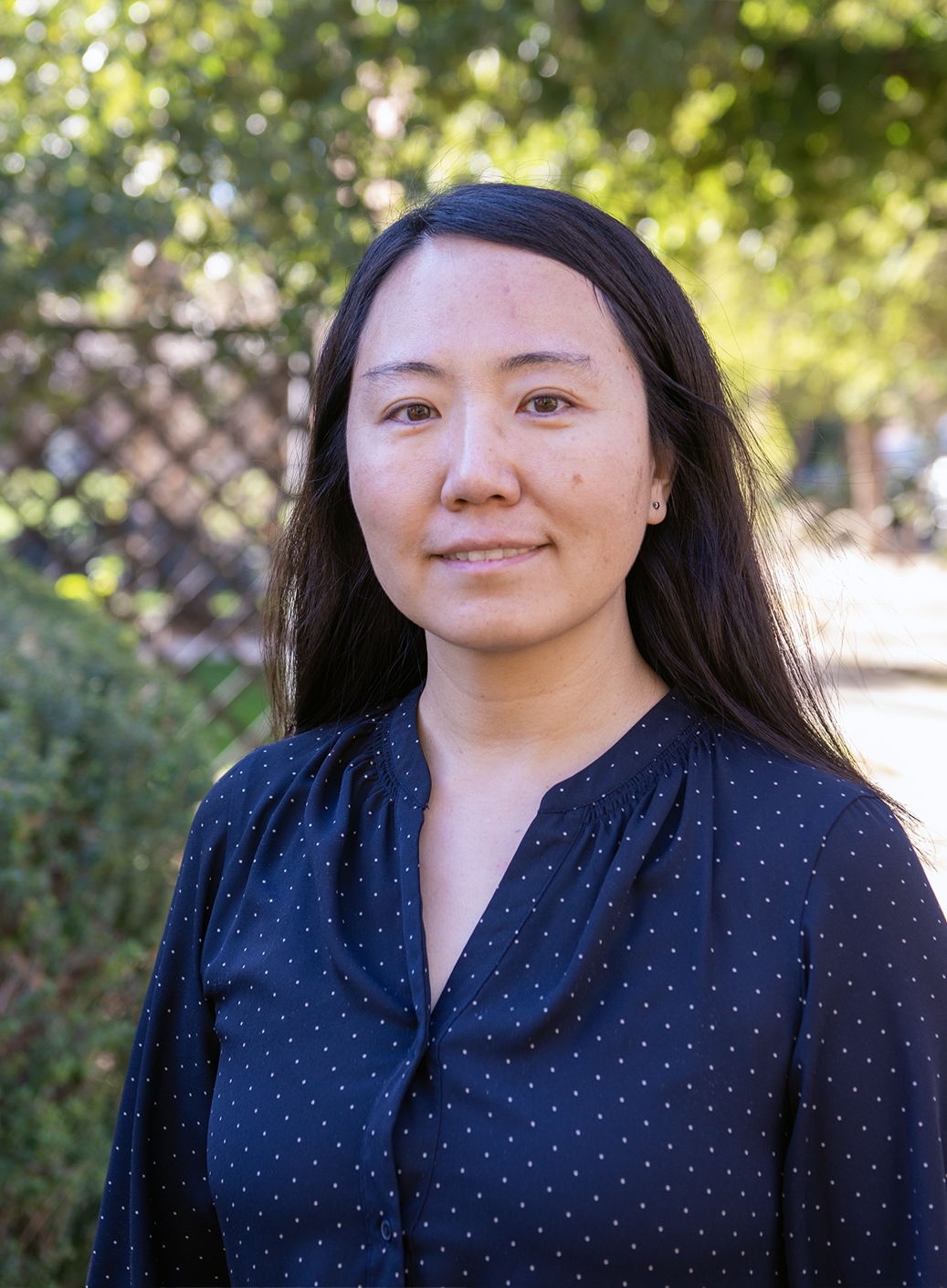School of Molecular Sciences welcomes eclectic new faculty

Associate Professor Jie Xu on a research field trip with colleagues. Photo credit Jie Xu
The establishment of Arizona State University’s School of Molecular Sciences in 2015 was an important step in that it was the first public declaration by any department of chemistry or biochemistry in the U.S. that a focus purely on the academic disciplines of those subjects was no longer consistent with societal demands for scientific enterprise in the 21st century.
The school is not discipline-focused but has a mission of addressing societal problems from an atomic and molecular perspective, and advancing research and discovery of public value in accord with the ASU Charter.
In support of this mission, School of Molecular Sciences recently welcomed two new faculty who exemplify this approach and use atomic- and molecular-level thinking to work on important problems that historically would not be considered mainstream chemistry or biochemistry.
Associate Professor Jie (Gail) Xu, who arrived last semester, is busy building a laboratory specialized in microbiology and nanoscience. Xu has developed a unique research program that focuses on understanding the origins, properties and transformation of naturally occurring inorganic nanoparticles and their roles in relaying nutrients and energy among associated microorganisms. The philosophy behind Xu’s research program is well aligned with that of the School of Molecular Sciences in that the ultimate control of environmental or engineered processes converges on the mechanistic understanding at the molecular, atomistic or electronic levels.
Liza Roger
Assistant Professor Liza Roger, who is affiliated with ASU's new School of Ocean Futures, joined the School of Molecular Sciences this semester and is excited to set up a one-of-a-kind lab growing corals, in vitro and in vivo, and other marine organisms. Roger’s research takes a biochemistry perspective to study the impacts of environmental change on marine organisms involved in symbiotic relationship with microscopic endosymbiotic algae such as corals, giant clams, anemones and upside-down jellyfish from a variety marine ecosystems. Her recent efforts have been concentrated on developing coral via in vitro methodologies to better understand cellular physiology and symbiosis, and unlock the next level of coral research.
Roger’s research interests also focus on understanding the pathways of physiological stress in reef-building corals and other symbiotic marine invertebrates. She is especially interested in developing approaches to make these organisms more resilient in the face of climate change-induced perturbations such as thermal stress. Her background in geochemistry and marine biomineralization also means she is interested in characterizing coral calcification at the cellular level in relation to known seawater properties and coral carbonate records (coral skeleton).
Jie (Gail) Xu
Xu’s research group is named “NanoGeoBio,” and she envisions recruiting a team with diverse backgrounds, including microbiology, geochemistry, nanoscience, biochemistry, biophysics and inorganic chemistry at ASU. Currently, there are three major themes in Xu’s research: metal-sulfur system geochemistry, mineral nanoparticle-enabled microbial metabolisms and habitability of sulfate-rich environments.
The major goal of the NanoGeoBio Laboratory is to leverage the understanding of the smallest components (nanoparticles and microbes) and their connections in nature to obtain a bigger picture of geochemical cycles and to develop new strategies for energy harvesting and resource recovery.
The research areas being pioneered by professors Xu and Roger are more than just interdisciplinary. In many ways they represent a post-disciplinary approach to research, one that is based on the mission of solving societal problems rather than being connected to any specific discipline.
Ian Gould contributed to this story.
More Science and technology

AI and robotics researchers at ASU work to keep people safe, healthy
As Arizona State Unviversity continues to shine in U.S. patent rankings, robotics and artificial intelligence garner a growing…

A new chapter in national security research at ASU
In 1957, the Soviet Union launched Sputnik, the world’s first artificial satellite, into a low orbit around the Earth. Only the…

One ASU researcher’s fix for freight’s costliest miles
America’s freight system is a miracle of modern logistics — until it isn’t. One snowstorm, one labor shortage, one delayed…

